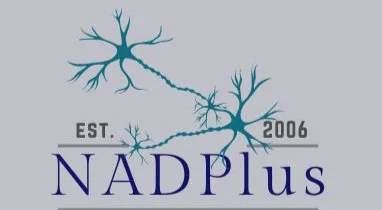Role of NAD+ in Regenerative Medicine
In the realm of regenerative medicine, the molecule nicotinamide adenine dinucleotide (NAD⁺) has garnered significant attention for its pivotal role in cellular metabolism and aging. A comprehensive review published in Plastic and Reconstructive Surgery illuminates how declining levels of NAD⁺ are intricately linked to the aging process and the onset of age-related diseases.
NAD⁺ is indispensable for various cellular functions, including energy production, DNA repair, and gene expression regulation. As we age, NAD⁺ levels naturally diminish, leading to compromised cellular function and increased susceptibility to degenerative conditions. This decline not only accelerates the aging trajectory but also impairs the body's innate ability to repair and regenerate tissues.
The review underscores the therapeutic potential of restoring NAD⁺ levels to mitigate aging effects and enhance tissue regeneration. By replenishing NAD⁺, it may be possible to rejuvenate cellular functions, thereby promoting healthier aging and extending healthspan. This approach offers a promising avenue for developing interventions that not only address the external manifestations of aging but also bolster internal physiological resilience.
Integrating NAD⁺ restoration strategies into clinical practice necessitates a collaborative effort between researchers and healthcare practitioners. Such synergy ensures that cutting-edge scientific insights are effectively translated into therapies that support the body's intrinsic repair mechanisms. As our understanding of cellular aging deepens, leveraging molecules like NAD⁺ could revolutionize regenerative medicine, offering individuals the opportunity to not only appear younger but also experience improved overall health and vitality.

